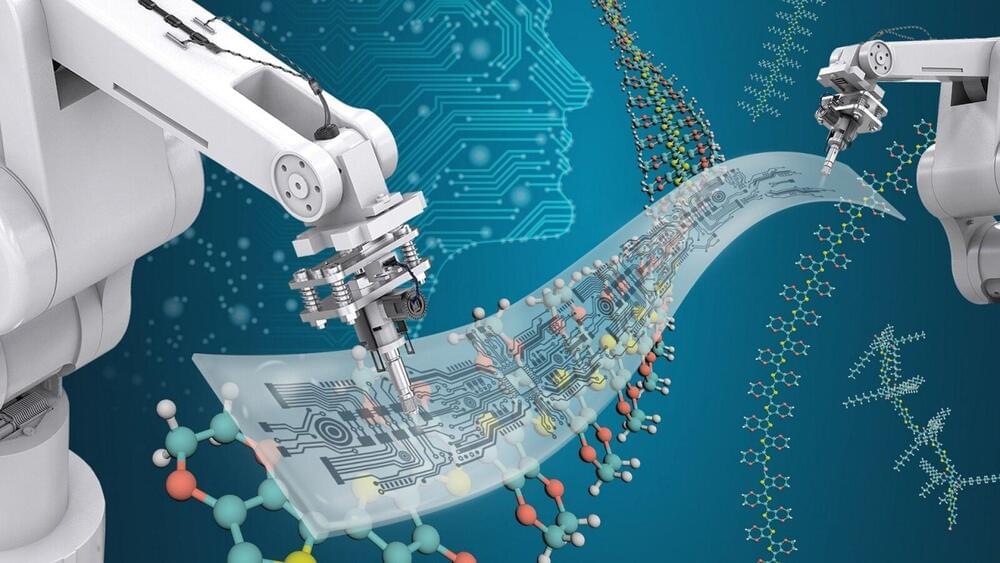Apr 27, 2023
China’s NetEase launches ChatGPT rival that builds apps with text prompts
Posted by Gemechu Taye in category: robotics/AI
CodeWave’s platform generates the code necessary to develop the app from descriptions of the users’ intended app functionality.
One of China’s largest video gaming companies, NetEase, has introduced CodeWave, a “low-code” application development platform powered by its large language model (LLM).
This makes NetEase, the newest major Chinese tech company, to provide such artificial intelligence (AI) service, allowing users “to build apps with text prompts,” according to a new report by South China Morning Post (SCMP) on Wednesday.

















